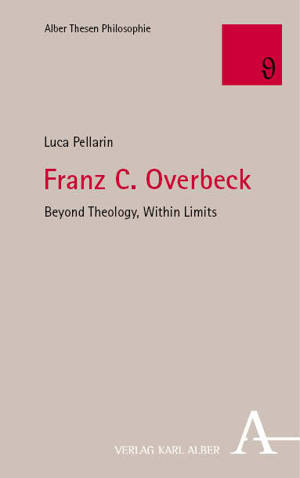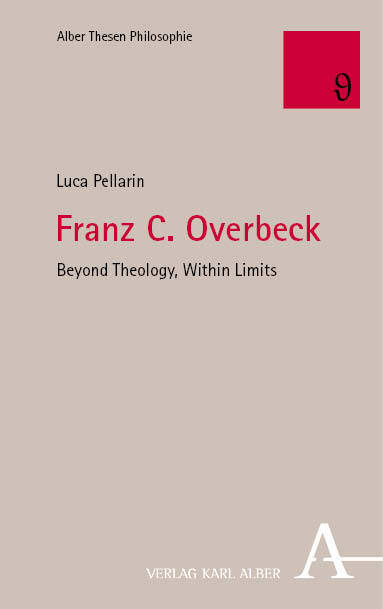
Bedankt voor het vertrouwen het afgelopen jaar! Om jou te bedanken bieden we GRATIS verzending (in België) aan op alles gedurende de hele maand januari.
- Afhalen na 1 uur in een winkel met voorraad
- In januari gratis thuislevering in België
- Ruim aanbod met 7 miljoen producten
Bedankt voor het vertrouwen het afgelopen jaar! Om jou te bedanken bieden we GRATIS verzending (in België) aan op alles gedurende de hele maand januari.
- Afhalen na 1 uur in een winkel met voorraad
- In januari gratis thuislevering in België
- Ruim aanbod met 7 miljoen producten
Zoeken
Omschrijving
This book stems from a few impressions and ensuing considerations triggered by reading the pages of the "oeuvre" of the theologian Franz C. Overbeck (1837-1905). The pages are above all those of his "Kirchenlexicon", an extensive collection of reflections gathered for the purpose of carrying out the never accomplished project of writing a secular, or profane, history of the church; Overbeck is above all "the late Overbeck" (1897-1905), the sick and tired Basel-based professor of New Testament and Early Church History who resolved to enter "early" retirement to take care of his writings and his health. The (albeit on the whole meagre) often extra-theological reception that Overbeck "enjoyed" and the breadth of themes covered by the entries of his "Kirchenlexicon", whose vast majority date from the very last decade of his life, are only some of the reasons behind the attempt to understand if and to what extent one can speak of an "Overbeck 'beyond theology' ", of an Overbeck who might thus be deemed as a "theorist of culture".
Specificaties
Betrokkenen
- Auteur(s):
- Uitgeverij:
Inhoud
- Aantal bladzijden:
- 340
- Taal:
- Engels
- Reeks:
- Reeksnummer:
- nr. 91
Eigenschappen
- Productcode (EAN):
- 9783495993224
- Uitvoering:
- Paperback
- Afmetingen:
- 135 mm x 215 mm
- Gewicht:
- 411 g

Alleen bij Standaard Boekhandel
+ 170 punten op je klantenkaart van Standaard Boekhandel
Beoordelingen
We publiceren alleen reviews die voldoen aan de voorwaarden voor reviews. Bekijk onze voorwaarden voor reviews.









